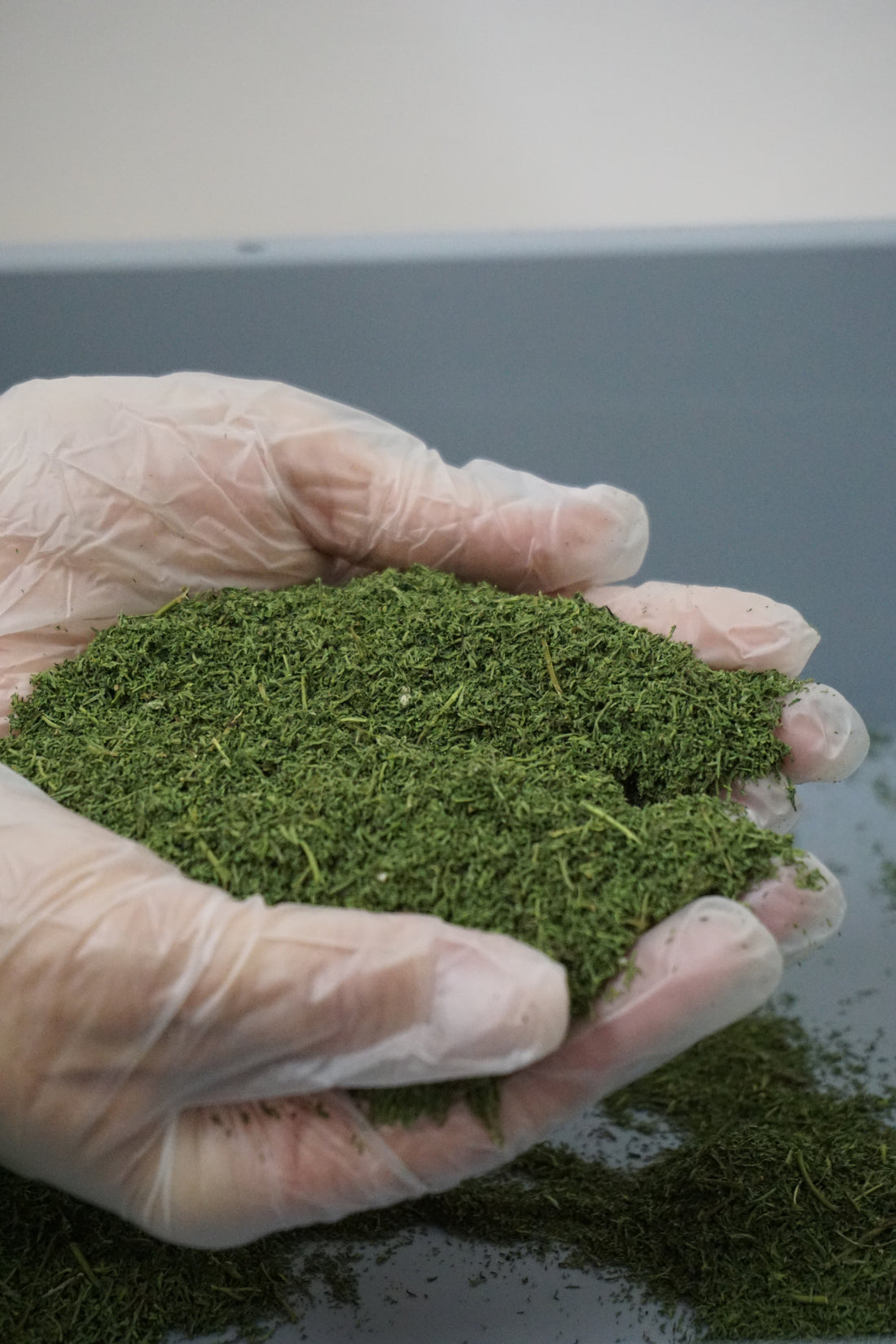Artemisia annua , also known as annual mugwort , is principally used as a remedy against malaria in Africa. In recent years, studies have shown that Artemisia annua also contains potential anti-cancer compounds.
A key component of Artemisia annua is artemisinin, a sesquiterpene lactone known for its antimalarial properties. However, research has shown that artemisinin is also able to prevent cancer cells. It works by releasing free radicals in the cancer cells, which then damage the cell membranes and destroy the cells.

Studies in mice have shown that artemisinin can reduce the size of tumors and slow tumor growth. A study on human cancer cells showed that artemisinin can inhibit the growth of leukemia cells. Another study on human lung cancer cells showed similar results.
However, artemisinin is not the only compound in Artemisia annua that may have anti-cancer properties. Other constituents such as flavonoids and phenolic acids have also been studied and shown to have anti-carcinogenic properties.
It is important to note that research on Artemisia annua and cancer is still in its early stages and more studies are needed to confirm the effectiveness and safety of this plant in treating cancer. It's also important to note that Artemisia annua should not be used as a substitute for conventional cancer treatments.
Overall, however, Artemisia annua offers promising potential as an adjunct to existing cancer treatments. The active ingredients contained could be used in the future to develop new drugs to treat cancer.
Buy organic Artemisia annua products now: https://plantasanus.at/collections/all

